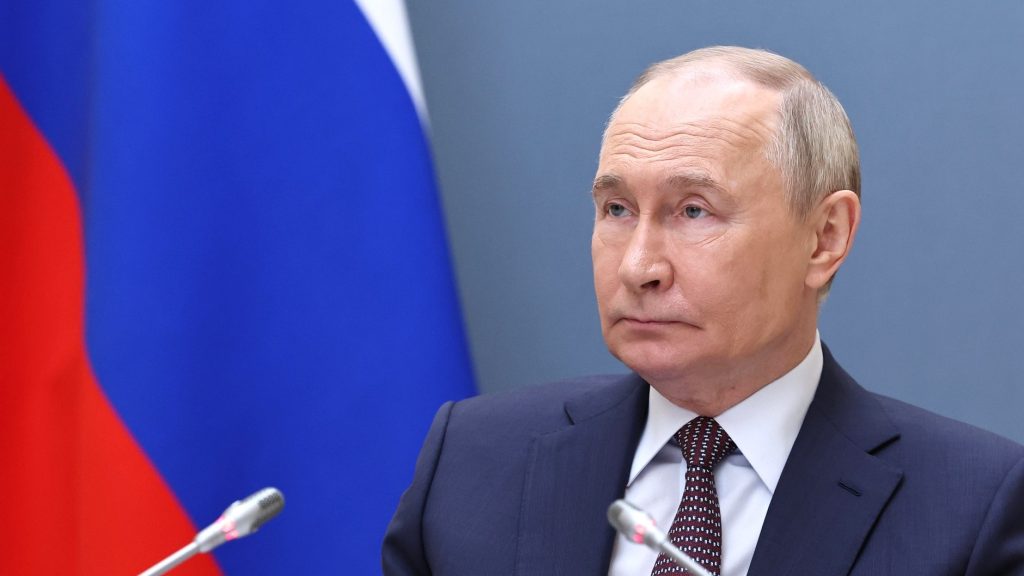While discussions don’t confirm intent, they should not be ignored.
Others are reading now
While discussions don’t confirm intent, they should not be ignored.
Discussing an attack on NATO
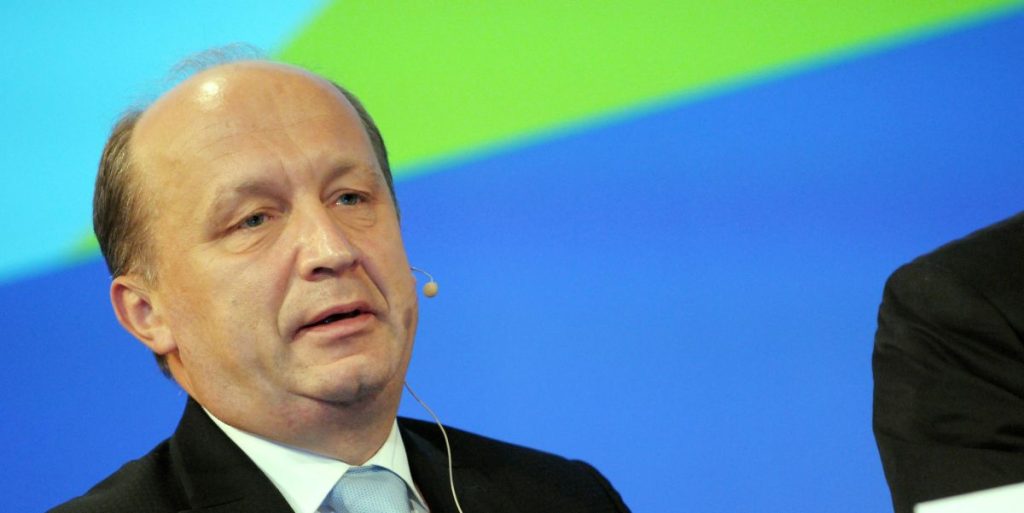
A top European official has issued a stark warning after intelligence reports suggested the Kremlin is considering a possible attack on NATO.
Speaking to Gazeta Wyborcza, European Commissioner for Defence and Space, Andrius Kubilius, said,
“German intelligence claims it has evidence that the Kremlin is discussing an attack on NATO.”
‘If they’re discussing it, are they planning it?’
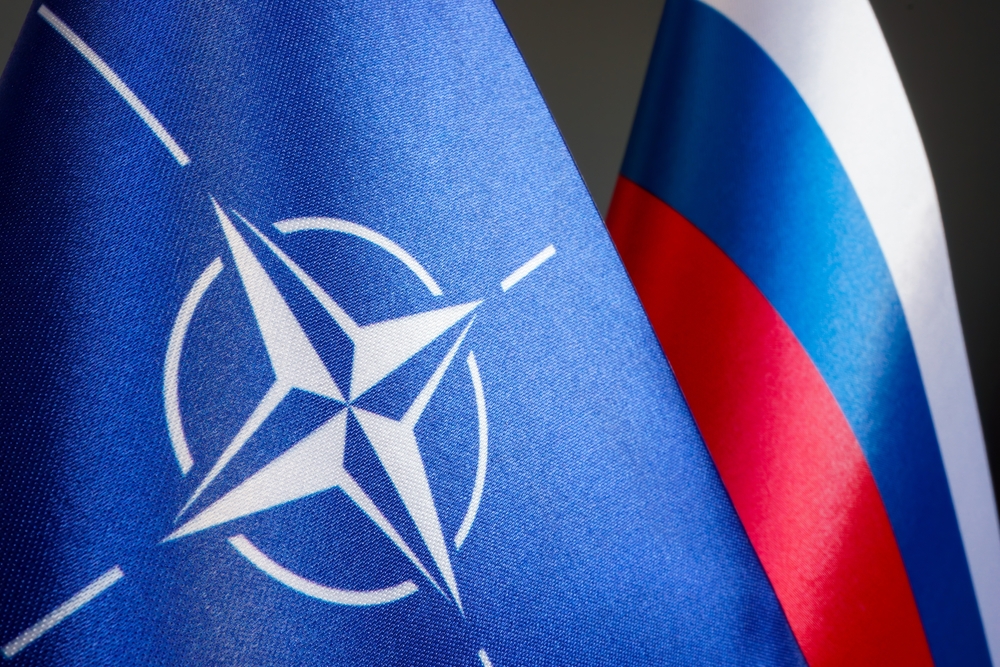
Kubilius stressed that while discussions don’t confirm intent, they should not be ignored.
Also read
“If they’re discussing it, are they planning an attack? We don’t know,” he said.
“But such signals must be taken deadly seriously. They may indeed be ready for war. We must also be ready for it.”
NATO airspace violations add to rising fears
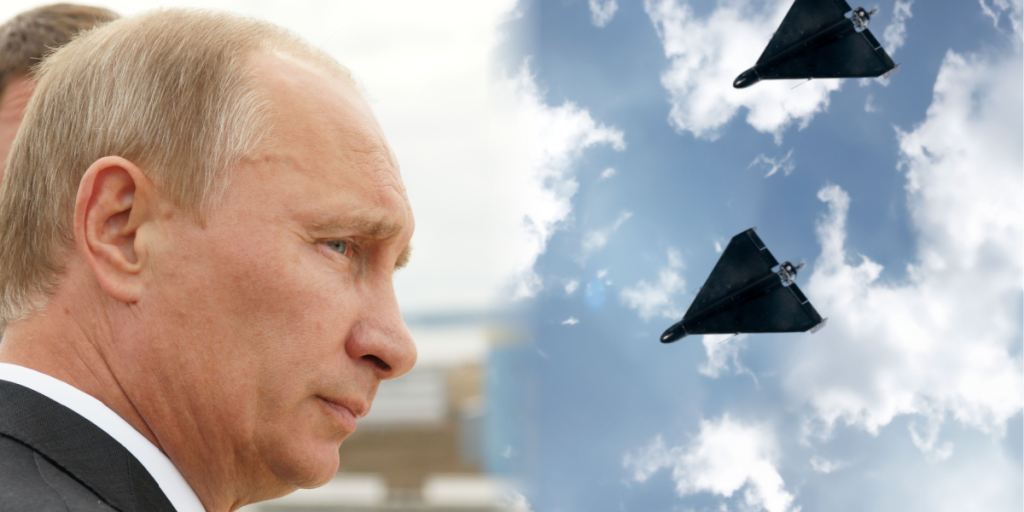
Several incidents have raised concerns in recent weeks.
On September 10, Russian drones entered Polish airspace, prompting NATO jets to scramble.
Days later, three Russian warplanes were intercepted over Estonia. Though Russia denies any hostile intent, these incidents have sparked fear across Europe.
Also read
Putin’s rhetoric grows more aggressive
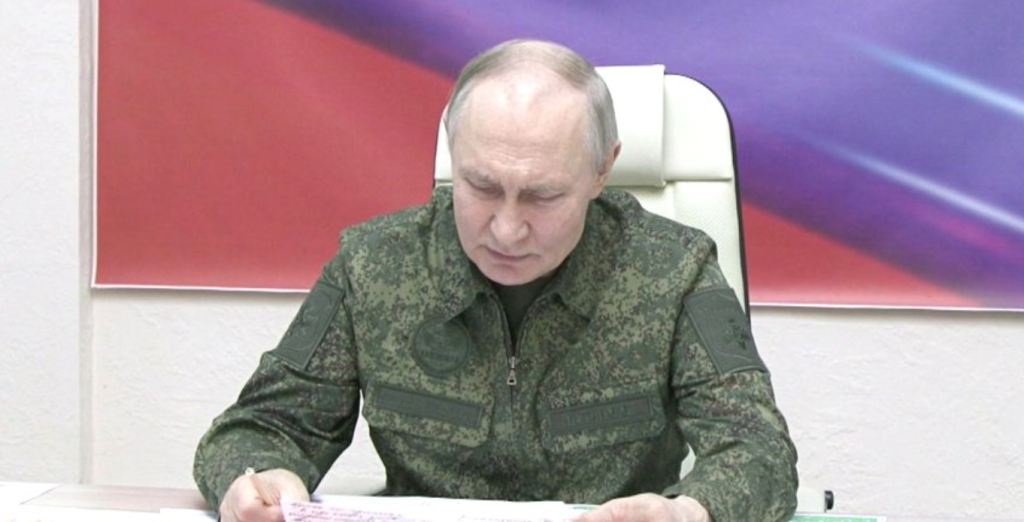
Vladimir Putin has escalated his language toward the West.
In response to U.S. President Trump calling Russia a “paper tiger,” Putin shot back:
“Well, if we are fighting with the entire NATO bloc, and we are a ‘paper tiger’, then what is NATO itself?”
He claimed Russia is advancing and feels confident.
Russia accuses NATO of fuelling ‘hysteria’
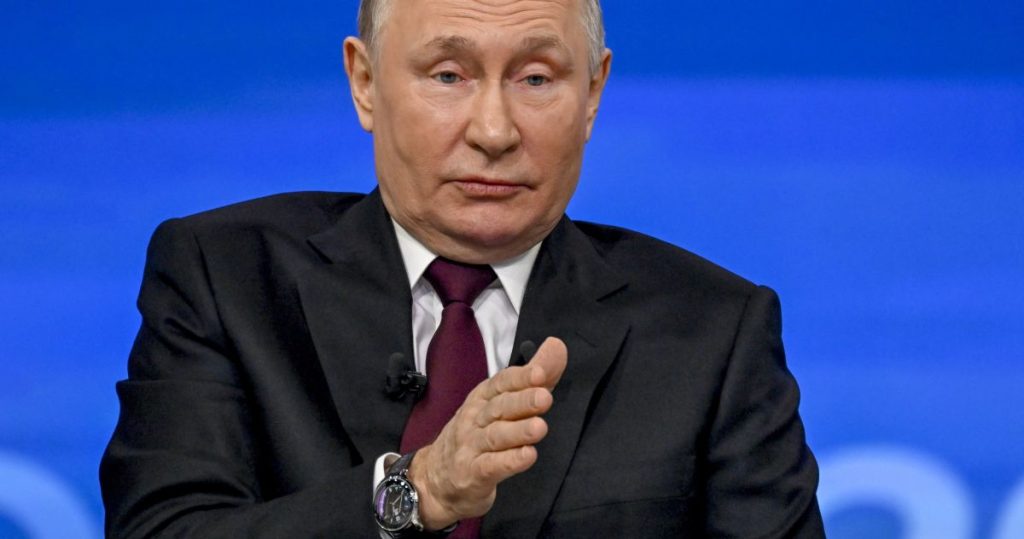
Putin accused NATO of exaggerating the threat of Russian attacks and of supplying weapons and intelligence to Ukraine.
Also read
“If anyone still has a desire to compete with us in the military sphere… let them try. Russia’s countermeasures will not be long in coming,” he warned.
Drones, satellites, and sabotage fears mount
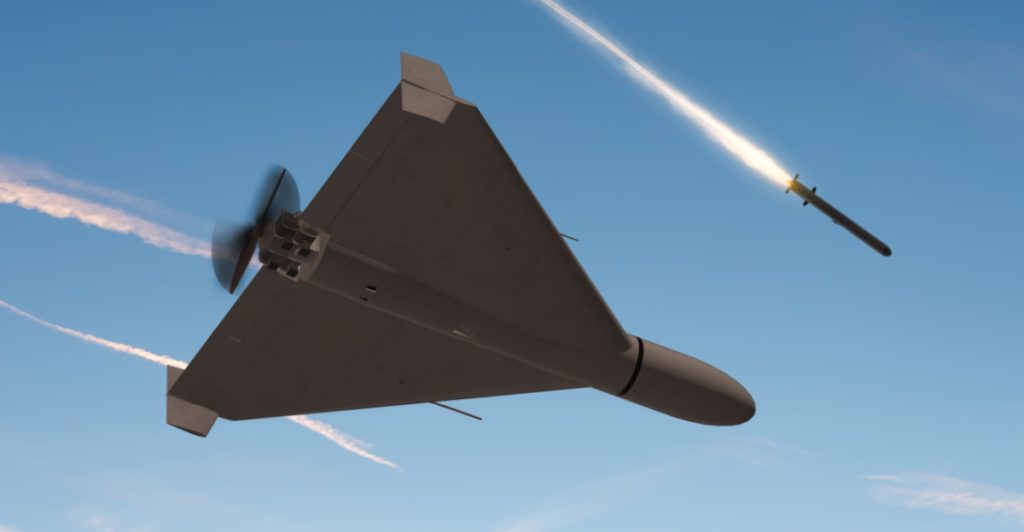
Concerns have also grown over unconventional threats.
Russia has been accused of targeting NATO-aligned satellites and launching hybrid attacks using drones.
Some officials say Moscow is using these tactics to test NATO’s reactions without sparking full-scale conflict.
Europe urged to learn from Ukraine’s defence strategy
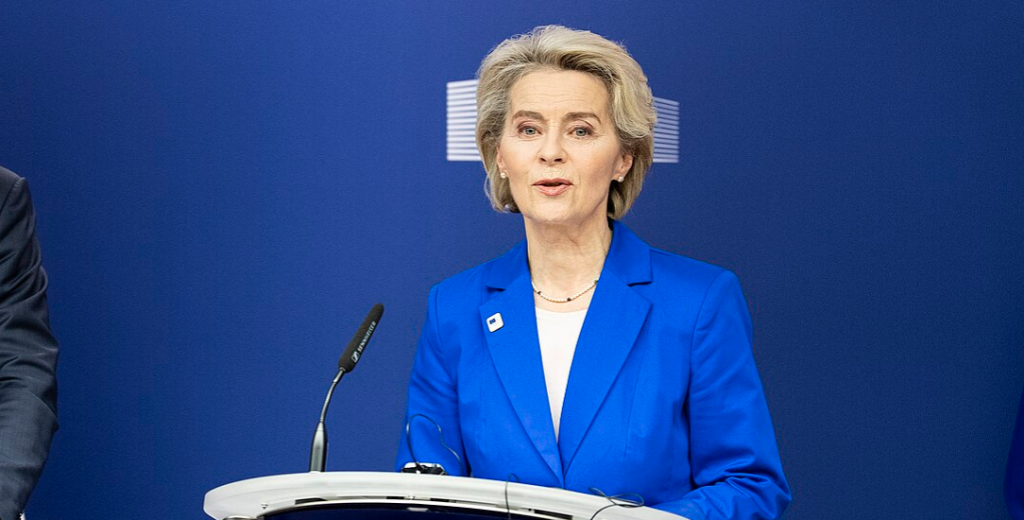
Kubilius believes Europe must be better prepared.
Also read
“We must also learn from the experiences of the Ukrainians,” he said, calling for greater investment in drone defences, rapid response coordination, and cyber protection.
The commissioner added, “We must also learn from the Russians,” referring to their use of aggressive, non-traditional tactics.
Is Europe truly ready for conflict?
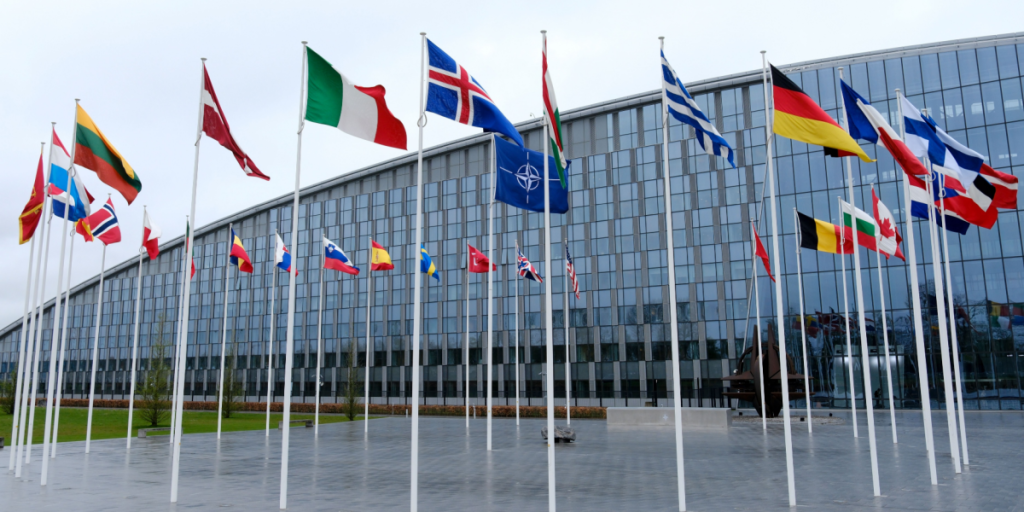
As tensions continue to rise, questions remain about how well prepared NATO is to face a direct confrontation.
Intrusions into airspace, escalating rhetoric, and suspicious drone activity suggest a new phase in the standoff between Russia and the West.
For many, the threat no longer feels hypothetical.

